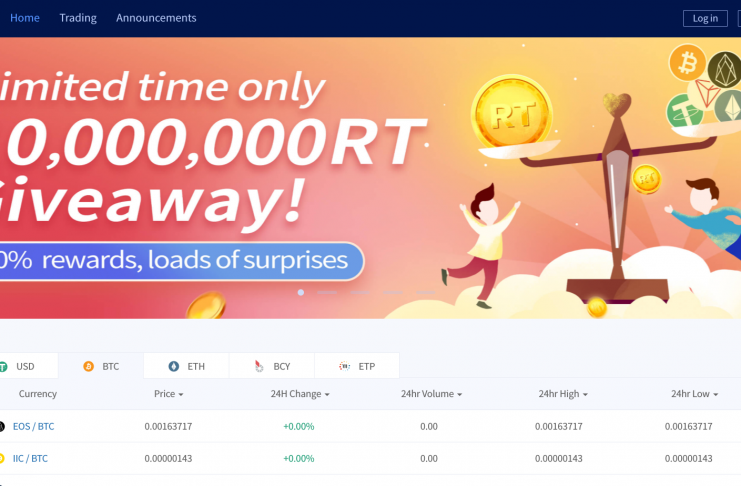With Binance entering its Coin of the Month voting season, now is a great time to discuss the common practices of crypto exchanges. While exchanges are a necessary element of the industry, they are still lacking in a number of areas. One feature which particularly bothers investors is how slow most exchanges are to list new coins and tokens. For an industry which is growing at such a rapid pace, it is expected that exchanges can keep up with the latest trends and accommodate their user bases. The slow nature of exchanges has been a leading criticism of almost all major platforms.
The rapid growth of the cryptocurrency industry means that every few months there is a new coin or token which is gaining popularity and praise. The problem is that these assets are often obscure before their rise to fame, so they are not listed on many exchanges. There is nothing exchanges can do to prevent this, but once hype does build around them, exchanges should be trying their best to list these assets. Unfortunately, this rarely happens. Instead, most exchanges wait far too long to list them, meaning that the initial interest and hype disappears. An example of this was when Bounty0x gained popularity. At the start it was not listed on any major exchanges, and it stayed like that until interest in it started to die down. Exchanges are taking far too long to act.
This problem is caused by two factors: exchanges are being too lazy, and exchanges are charging too much for coins and tokens to be listed. To get listed on sites like Binance, you need to pay a hefty fee. This is something developers of newer coins and tokens simply cannot do, and by the time they do acquire the funds, their hype may have already disappeared. Of course, not every exchange is like that. RightBTC is trying to combat the problem of listing tokens too late with its new ‘Silverlist’ mechanism. It allows people to regularly vote on which tokens they want to see added to the exchange; the winners get listed free of charge. Once this system is in place, RightBTC will list five new tokens per day, making it faster than all major centralized exchanges.
Decentralized exchanges such as IDEX and EtherDelta are also fast to list tokens. Usually these places end up being the first choice for traders who are looking for obscure assets, as most centralized exchanges have a reputation for being late to the program. While professional investors tend to avoid decentralized exchanges (due to problems with liquidity), there are times when that is simply impossible to do, especially when they are the only places which list truly obscure assets.
Clearly the problem resides with centralized exchanges. They are getting too lazy and complacent. Instead of checking to see which coins and tokens their users want listed, they are simply ignoring the issue altogether. While decentralized exchanges can pick up the slack in this regard, right now they all still have liquidity problems which make professional traders wary. RightBTC’s plan to regularly list tokens based on votes is a great solution for centralized platforms, and hopefully larger exchanges will choose to employ a similar system in the future. Exchanges need to be more vigilant on these matters, or we are in danger of facing a minor crisis as the industry continues to grow.
Image(s): Shutterstock.com




